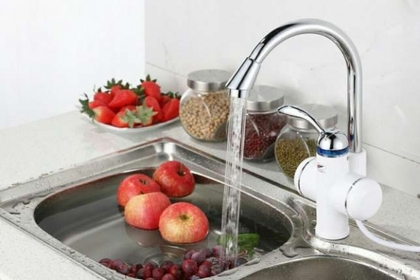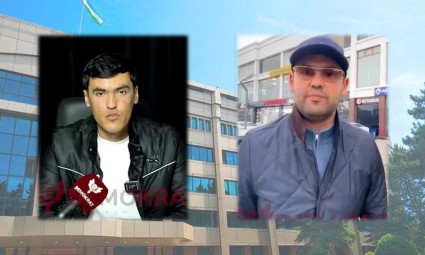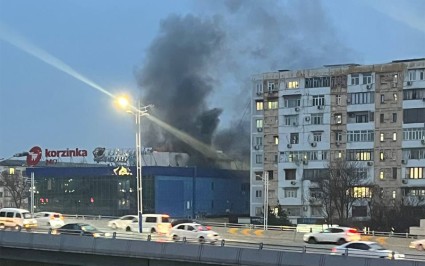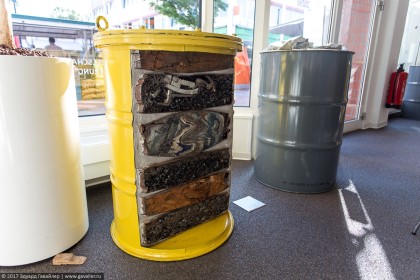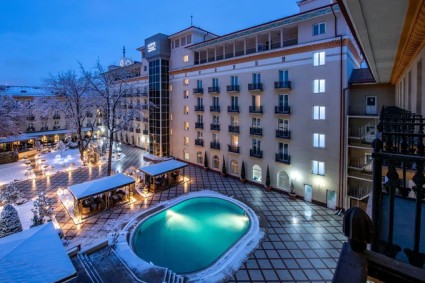Water delivery infrastructure is 60 percent outdated, which will affect water quality. On May 31, a press conference of Uzsuvtaminot JSC over the president’s Additional measures to improve provision of drinking water and water use services to the population Decree”.
Deputy Chairman of Uzsuvtaminot Khurshid Rakhmatullayev, speaking about the quality of water and supply networks, in particular, said:
“Unfortunately, 60% of our water supply networks are outdated. We have pipes that are over 40-50 years of age, and they are literally cracking. But water flows through them. No matter how clean and high-quality water we pass through them, pipes will still have a negative impact. We have an investment program for the annual renewal of networks, both with the support of our state and at our own expense.
We also have problems with controlling water consumption and reducing losses. Because Uzbekistan is a country experiencing a shortage of water. According to the World Bank, Uzbekistan is now in the "yellow zone". But we could also slip into the "red zone" in the coming years and the water deficit may exceed 2 BCM. Calculations show that this will happen by 2050. We should not wait for this, we should start saving now. The role of the media in this matter is great, because it is necessary to educate the population on the issues of preventing the irrational use of water,” he said.
“Many problems are related to the tariff policy. Isn't water being wasted because it's too cheap? How long are we going to flush toilets with drinking water? Is it possible to provide technical water supply at least for new houses? Officials responded as follows:
“Today, a liter of tap water in Tashkent costs 40 tiyin, 0.4 soum, or 0.000036 USD. We are working on changing the tariff policy, we have engaged foreign consultants. The easiest way is to raise the price. But it doesn't give the expected result. To do this, we plan to develop a differentiated tariff, universal tariffs, and not 14 different tariffs for 14 provinces. The most effective way to deal with waste is to use counters correctly. Unfortunately, up to 40 percent of consumers have not yet installed water meters. In Andijan, 11%; in Surkhandarya province, a little more than 30% of consumers have meters installed. These are very low figures. In addition, over 1 million counters have expired.
Technical water supply is being studied now. It has been established in foreign countries, and over time we will also come to this. But this is a systemic problem, and we will have to change the norms of urban planning in general.”

